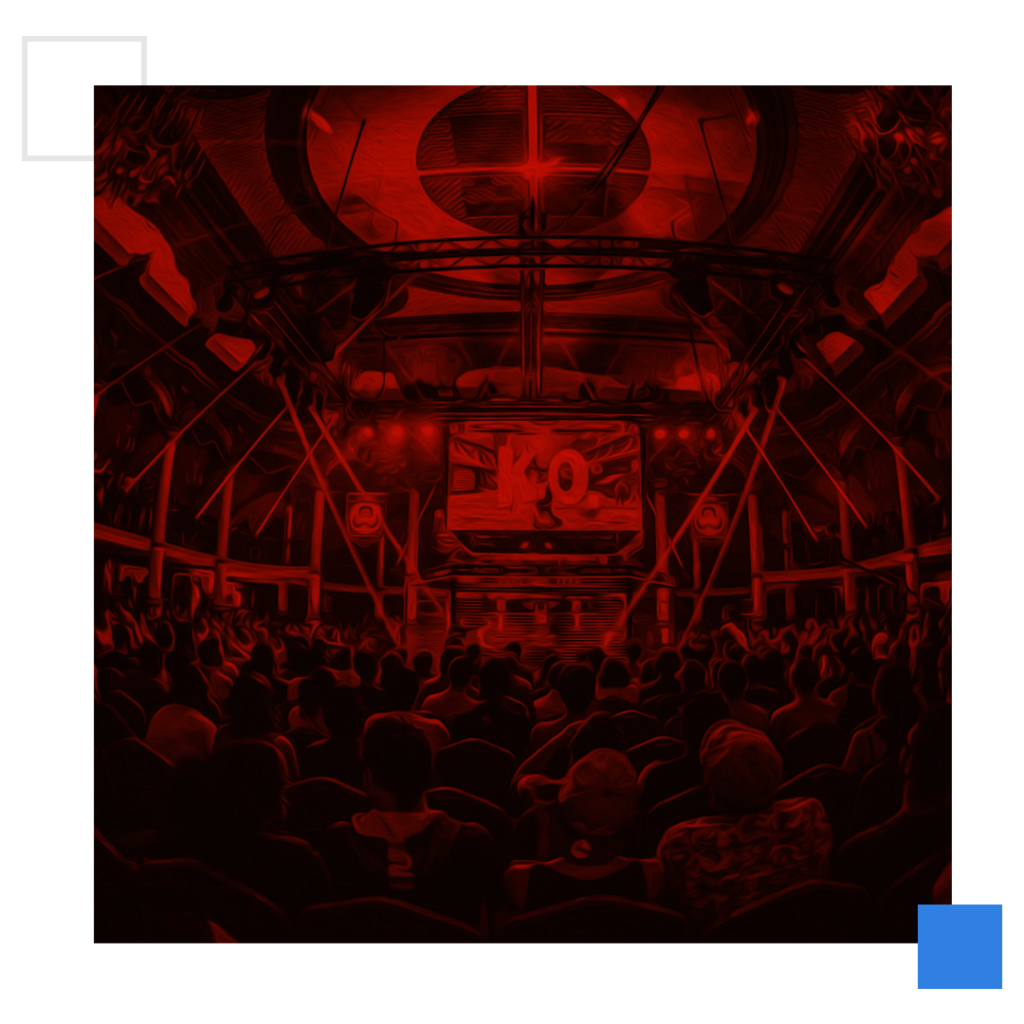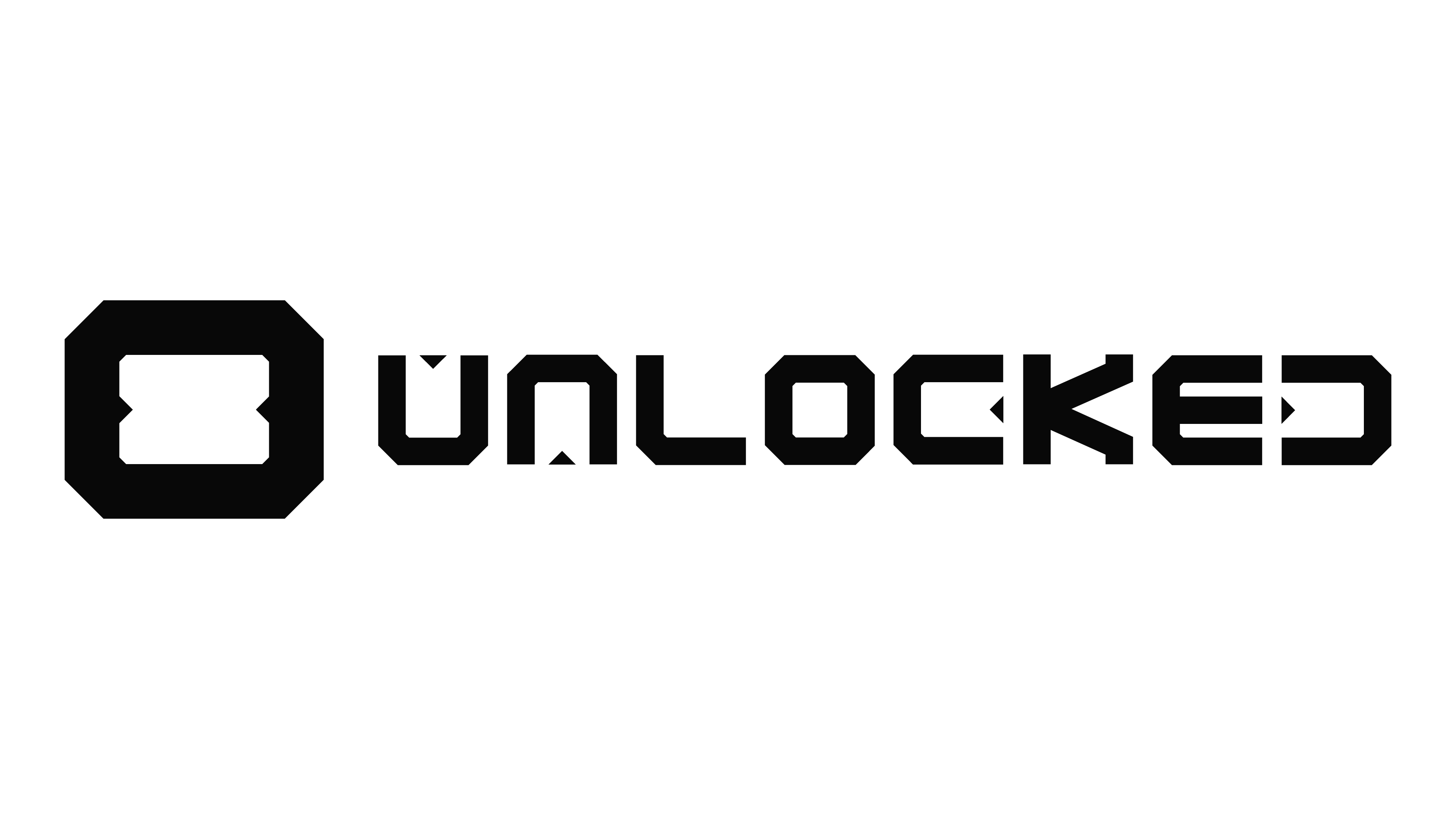
The 2021 Edition of the Esports Barometer
Enthusiasm and commitment in esports can take various forms: from amateur to professional, from attending tournaments to watching and following through various media (TV, in-game streaming, web streaming, social networks).
Engaging in esports introduces new ways of consumption, is also a new challenge for everyone involved in the sector.
In particular, brands must develop their knowledge of the esports ecosystem to manage player and fan expectations in order to maximize their activations and sponsorship deals.
Methodology

A representative sample* of 2,000+ individuals per country, a cross-section of every layer of the population.
*(Sex, age > 16, CSP, region, selected out of the panel from our partners)

A selection of another 200+ individuals, a cross-section of gamers who play videogames for at least 5 hours per week.

A minimum of 200 esports athletes and enthuasiasts that participate in competitions on online platforms.
Data processing & segmentation

We opt for a hands-on approach when it comes to our data processing, allowing for very focused data entry points. This methodology delivers higher granularity and more complete datasets per region or multicultural identity of an otherwise often saturated sample pool.
Our data segmentation strategy favors practical usage for marketing and operational purposes. For example: Audi Automotive decided to use Mario Kart activations in their dealer tour event after gaining insight that 1 out of 5 people in Belgium has played Mario Kart.
EXAMPLE
We analyze the panel data and do a preliminary categorization with the purpose of this market research in mind.

Example: age correlates with availability of technology (release dates) and therefore their exposure to the different types of media consumption.
The effects and trends during covid-19
With many traditional forms of entertainment not available during (partial) lockdowns around the world, there is a rise in online media consumption and videogame usage. Companies have also looked for alternatives to activate their audiences, leading to digital alternatives that were well-received and highlight the strengths of competitive videogames as a whole.
As regular sport competitions were cancelled, esports competitions became the ideal replacement and even overall sports personalities easily transitioned to this online world.










